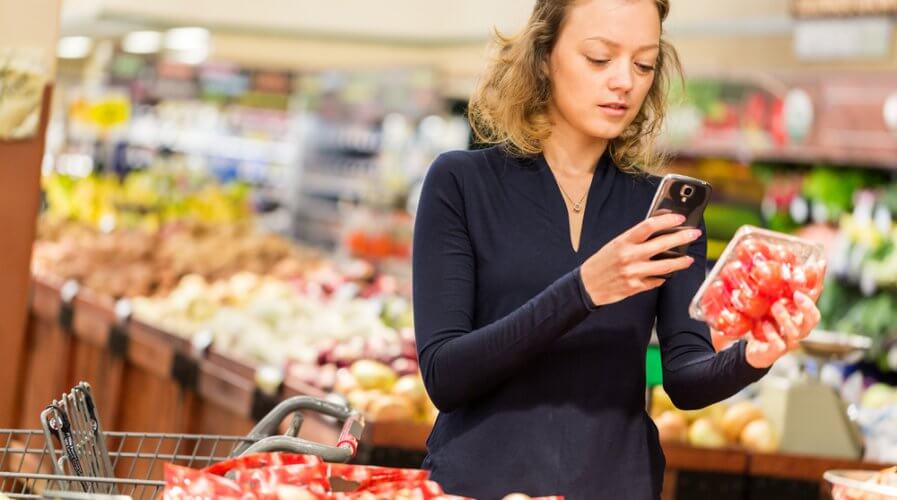
A state in Malaysia is deploying blockchain technology to enable consumers to trace the origin of their produce. Source: Shutterstock
How Malaysia is planning to deploy blockchain to track its food supply
DESPITE the big promises of blockchain as a technological solution, there is very little practical evidence in the APAC. But, that may change very soon as stakeholders across all industries are increasingly turning to the technology to address their problems.
For example, one state in Malaysia recently announced that plans are afoot to deploy blockchain to better track its food producers.
According to a local media report, Malaysia’s Agricultural Minister Sim Tze Tzin said that decentralized ledger technology will enable allow authorities and consumers to map the journey of agri-products from the labs and farms, all the way through to the processing factories and suppliers.
“The technology will certainly come in handy if there is an outbreak of disease as it enhances the tracking and operations of food industries. Food can be tracked from the farms or laboratories to the dining table,” said Sim.
Upon the integration of this blockchain-powered platform, consumers can scan labels on food items to find out where and when it was produced and how it was delivered.
Sim also believes that the information stored on the decentralized system cannot be altered, which on top of enhancing transparency, will also increase cost-effectiveness by eliminating middle-men.
It is still unclear when the official launch date of the initiative would be, or who the authorities are working with to develop the platform.
However, Malaysia is not the only country in the region that is exploring blockchain-based solutions to modernize its agriculture sector.
Last month, the Chinese government issued a framework titled Guiding Opinions on Rural Service Revitalization of Financial Services which promotes the adoption of emerging technologies such as blockchain, to improve the identification, monitoring, early warning, and disposal levels of agricultural credit risks.
The guideline that was issued by China’a banking regulatory commission, Ministry of Finance, and the Ministry of Agriculture and Rural Affairs, encourages financial service providers to develop specific financial facilities and small payment settlement functions in rural e-commerce.
Authorities in China believe that the integration of blockchain will streamline the collection and sharing of agricultural information, improving customer screening processes, and enhance the credit evaluation of agricultural businesses, while at the same time reducing the risk for creditors.
READ MORE
- The criticality of endpoint management in cybersecurity and operations
- Ethical AI: The renewed importance of safeguarding data and customer privacy in Generative AI applications
- How Japan balances AI-driven opportunities with cybersecurity needs
- Deploying SASE: Benchmarking your approach
- Insurance everywhere all at once: the digital transformation of the APAC insurance industry




